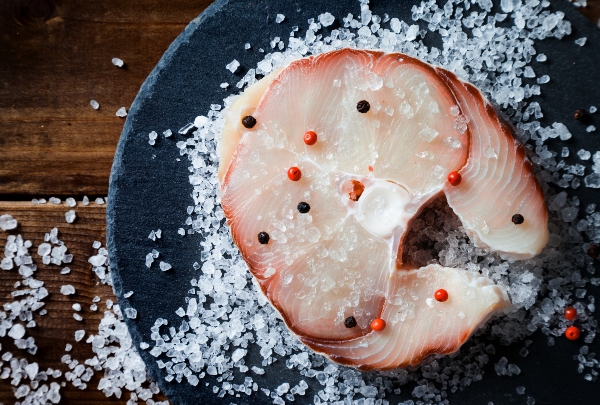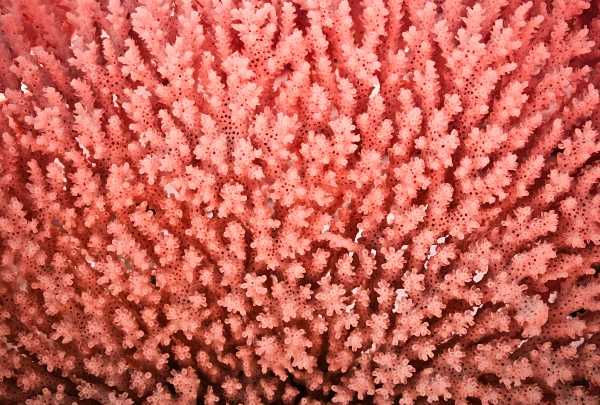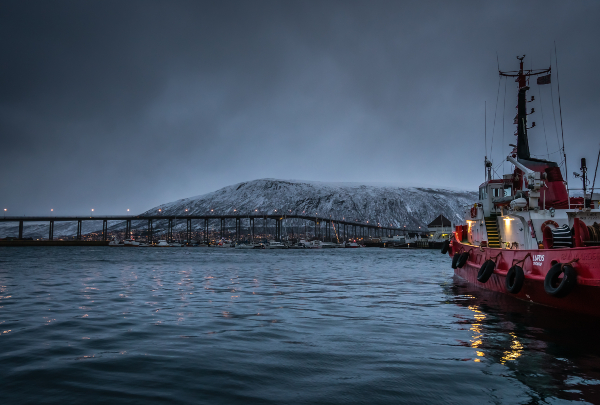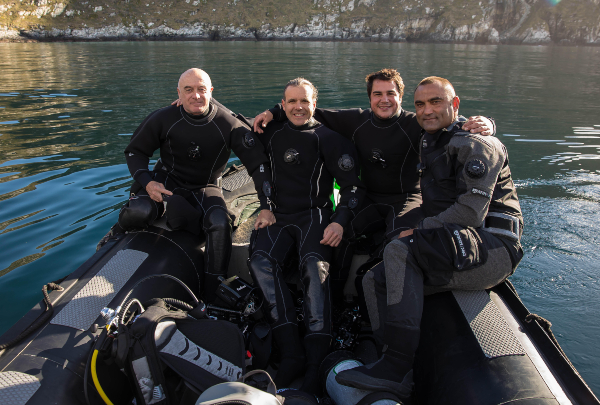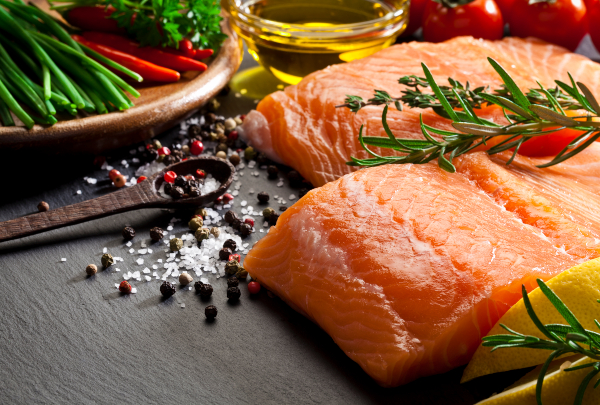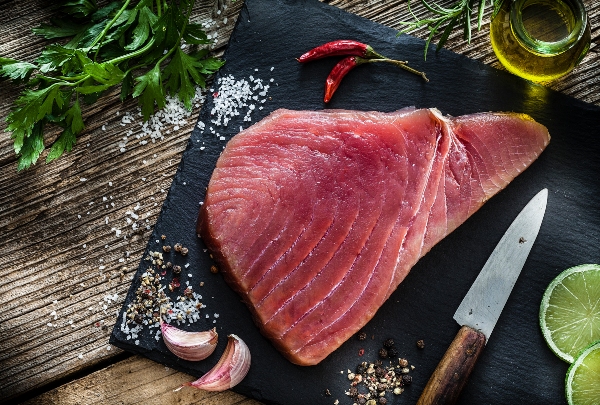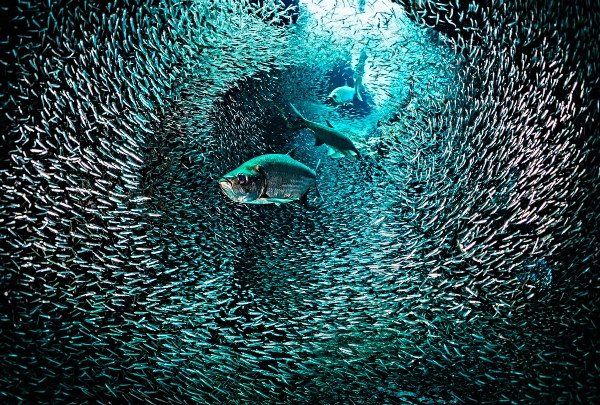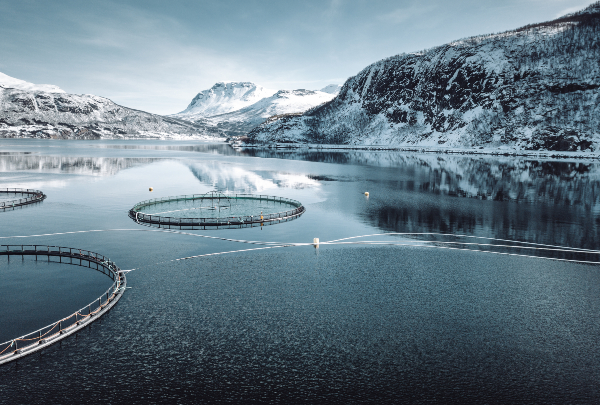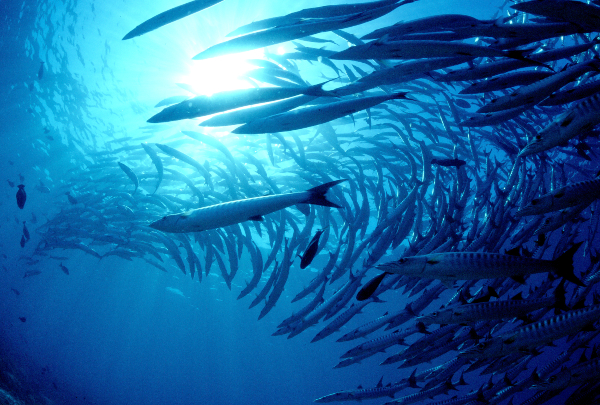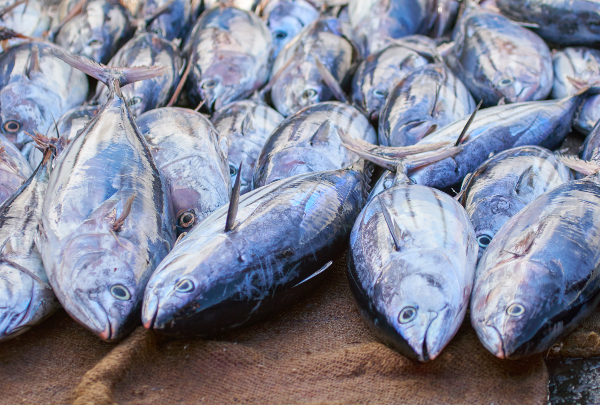News
Ángel León. And from the sea came bread
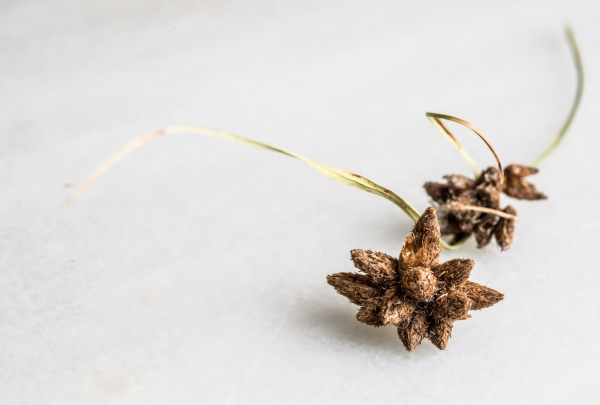
“We found seeds in the sea. It’s beautiful”. Ángel León (Aponiente***, El Puerto de Santa María, Cádiz) presented his latest gastronomic achievement: using reed seeds to make bread and popcorn. “Reed seeds come from the marshes, an ecosystem we have to preserve as a generator of marine life in the Mediterranean Sea and the Strait of Gibraltar”.
Photo: Álvaro Fernández
Sustainability, the fight against plagues and environmental protection. Constant innovation. This Monday, on the opening day of Meeting of the Seas, Ángel Léon presented his latest marine invention, extracted from his recent work in the marshes of the bay of Cádiz where his restaurant is located. He had already introduced honey and sea salt, and now marine popcorn has arrived, created from reed seeds, which he also uses to make bread. “We try and bring to light the myriad of natural resources we find in the marshlands”, explains Juan Martín, the biologist who works with the chef. He continues: “That’s how we help the ecosystem, by generating wealth we reap amazing food” – Aponiente’s mantra since it opened in 2007.
The chef has been working on extracting gastronomic value from the restaurant’s surrounding marshes for two years – “this ecosystem that supports the life of the Strait of Gibraltar and the Mediterranean and where many species come to lay their eggs”. With the wealth of possibilities coming from the land, the sea and the air, León and his team have taken stock of new ingredients and produce. Reed is the latest one, which they use to make bread, popcorn and pickles. “It’s all because of Camarón de la Isla”, he smiles.
“It was one day, listening to Camarón singing about the reeds as symbols of strength, that we set out to find out if they existed in the sea. We found them and we started working with them”. The rain, mud, and reed seeds, in this particular instance, have taken León on a journey to ancient Greece. “We studied the reeds and we found out that the Greeks also used those seeds to make bread before they started to harvest wheat. From the sea came bread!”
Happy, and reaffirmed in his conviction that he wanted to continue helping the sustainable food community, León told the audience about his new bread and how he made his new starter – marine popcorn “a fun stack we will be offering our restaurant’s guests as a welcome appetizer”. “What we’re trying to do”, the chef and the biologist say, “is to make integral use of the marshes, for them to continue to live and to give life, and for the marshlanders to continue to live off of them”. They point out that this use does not affect the life of the ecosystem, “as it houses such vast amounts of reeds”, although they have started to grow their own in front of the restaurant anyway. “We are yet to find out when their best season is, for example. There’s a lot to be done still…” they ponder.
Eating and helping the environment
Reeds have thus become one of Ángel León’s culinary inventions, his purpose being – as the international scientific community advocates – to safeguard ocean life and cook lesser-known species, even those that are a threat to global survival. “If they are invading, eat them” proclaims the chef. This is what he has done with the plague of guppies – an invasive species in the estuary -- which he uses to create a dish of whitebait, or peanut worms “that taste amazing and which we tell our guests to try. We’re not forcing, only suggesting…” Gastronomy and environmental awareness. This is what Ángel León does. And this is what marine scientists are asking chefs, as their most powerful champions, to do. This is what the 2nd Meeting of the Seas is proposing, until Wednesday – online and free.
